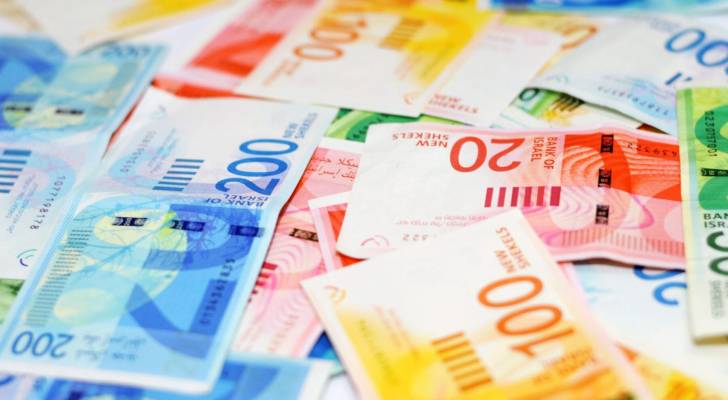Shekel
War with Iran leaves 'Israel' facing $20 billion economic hit
'Israel' is grappling with a steep financial fallout following a 12-day military confrontation with Iran, with the war’s cost estimated in the tens of billions of dollars, according to economic experts and local media.
Estimates suggest that 'Israel' spent approximately USD 5 billion during the first week of operations alone. Daily expenses averaged USD 725 million, with USD 593 million allocated to offensive actions and USD 132 million directed toward defense systems and troop mobilization, according to the Financial Express. The cost of operating missile defense systems like Iron Dome reportedly fluctuated between USD 10 million and USD 200 million per day, The Wall Street Journal noted.
Had the conflict stretched to a full month, the total cost could have exceeded USD 12 billion, according to the Aaron Institute for Economic Policy. But broader damage, including lost productivity, infrastructure damage, and compensation for displaced civilians, could push the total bill to nearly USD 20 billion, warned Naser Abdelkarim, a finance professor at the American University of Palestine.
“This war isn’t just about military expenses,” Abdelkarim told Anadolu Agency. “There’s a ripple effect on the economy. Production is impacted, the budget deficit is rising, and public finances are being strained by compensation payouts.”
The Israeli Tax Authority reported over 36,000 compensation claims filed during the first week of fighting, as more than 10,000 Israelis were displaced. To address the growing fiscal strain, 'Israel’s' government is now weighing austerity measures, including spending cuts to health and education, increased taxation, or borrowing, moves that could push public debt to more than 75 percent of national income.
Already, the Ministry of Finance has asked for an additional USD 857 million for defense spending, along with USD 200 million in cuts from civilian ministries. Much of the emergency budget will reportedly go toward covering salaries for the 450,000 reservists called up during the conflict, as per 'Israeli' financial daily Globes.
Investor confidence has also been shaken. The shekel fell to 3.7 against the US dollar at the height of the conflict, before rebounding to 3.5, though analysts note this was partly due to a weaker dollar and speculative market behavior.
Military targets in 'Israel' included major infrastructure hubs. Iranian missile strikes damaged Bazan, the country’s largest oil refinery, leading to an estimated USD 3 million in daily losses, according to the Financial Times. Operations at Ben Gurion Airport were also suspended for days, disrupting over 300 daily flights and roughly 35,000 passengers. Though it has since partially reopened, the initial shutdown and emergency flight diversions cost 'Israel' an estimated USD 6 million.
The national carrier, El Al, canceled and rerouted multiple international flights during the escalation. One flight to Paris was diverted to Cyprus, while another to Bangkok was rerouted to Rome as a precaution against potential strikes.
One of the most symbolic hits was a missile strike near the Israel Diamond Exchange, a sector that contributes around 8 percent of the country’s total exports. The incident sparked turmoil in the Tel Aviv Stock Exchange, triggering selloffs and a market dip that economists say could have short-term implications for economic stability.




